Key people

Adam Bartha
Director
Luis Cano
European Outreach Manager

Jacob Farley
Project Manager

Harrison Griffiths
Project Manager
Think Tank countries
Members
Partners

Director
European Outreach Manager

Project Manager

Project Manager
Think Tank countries
Members
Partners
EPICENTER, the European Policy Information Center, is an independent initiative of ten leading think tanks from across Europe. It seeks to inform the European policy debate and promote the principles of a free society by bringing together the expertise of its members.
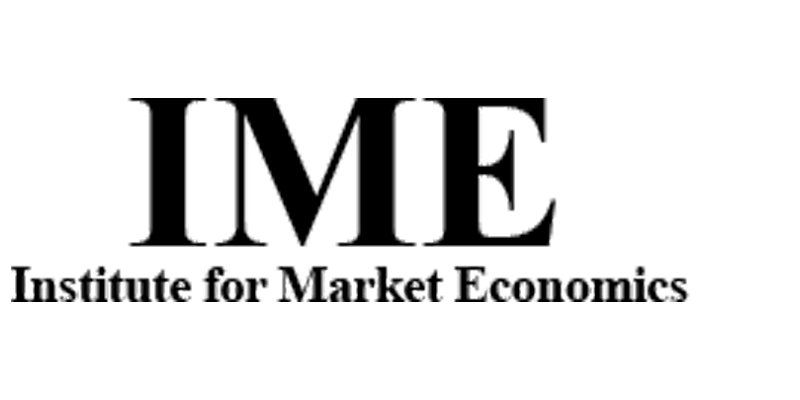
The Institute for Market Economics (IME) is the first and oldest independent economic policy think tank in Bulgaria. Its mission is to advocate free market solutions to challenges citizens of Bulgaria and the region face in reforms. IME methods are in-depth research, fact-based advocacy, targeted efforts towards decision-makers, active media presence, events and spreading the ideas of the free market among young people. IME is incremental in policy changes in tax policy, deregulation, rule of law and social policy. It also has expertise in labour market regulation, education and healthcare.
For more information about IME, visit ime.bg
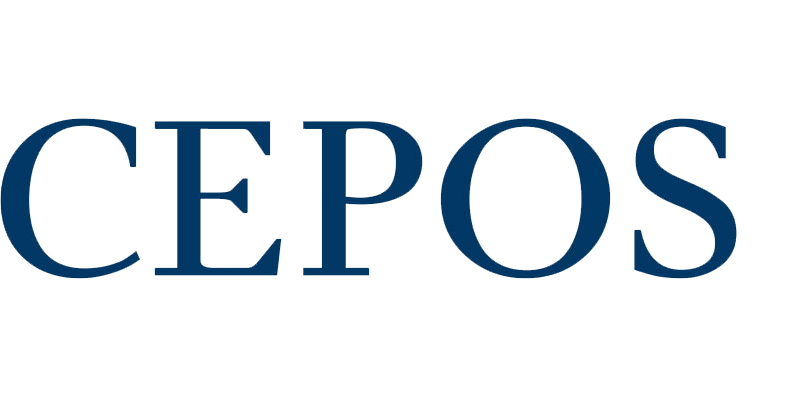
CEPOS is an independent Danish think tank promoting a society based
on freedom, responsibility, private initiative, and limited
government.
CEPOS wishes to contribute to more personal and economic freedom,
rule of law and democracy as well as a limited government sustained
by healthy civil institutions, such as family, civil associations,
and cultural life. CEPOS encourages competition, supports free
markets, global free trade and opposes government subsidies to
businesses.
For more information about CEPOS, visit www.cepos.dk
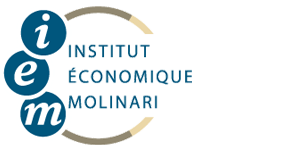
The Institut Économique Molinari is a research and educational organisation aimed at undertaking and stimulating an economic approach to the analysis of public policy. It is named after Gustave de Molinari, a Franco-Belgian economist and journalist who devoted his life to fostering such an approach. The IEM’s mission is to propose alternative and innovative solutions that will promote the prosperity of all individuals in society.
For more information about the IEM, visit www.institutmolinari.org
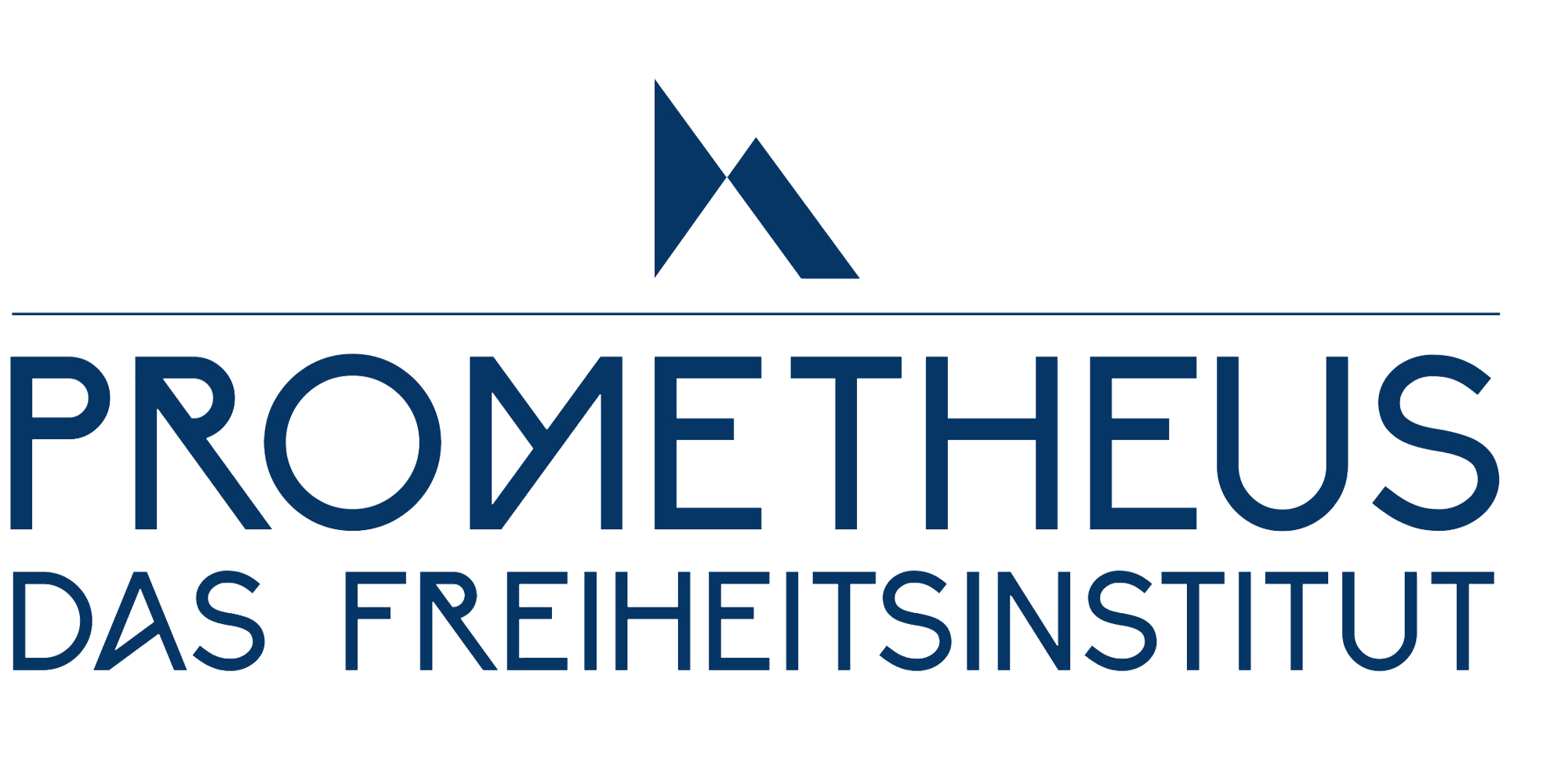
Prometheus champions an open and liberal society. We believe that a vibrant civil society, decentralised solutions, and an entrepreneurial spirit are the foundation of a world in which all people are constantly improving. We inspire the do-it-yourself ethos by communicating ideas and by networking current and future decision makers. Prometheus offers a home to freedom-loving people. As the only classical-liberal think tank in Germany, Prometheus is funded exclusively by private donations.
For more information about Prometheus, visit www.prometheusinstitut.de
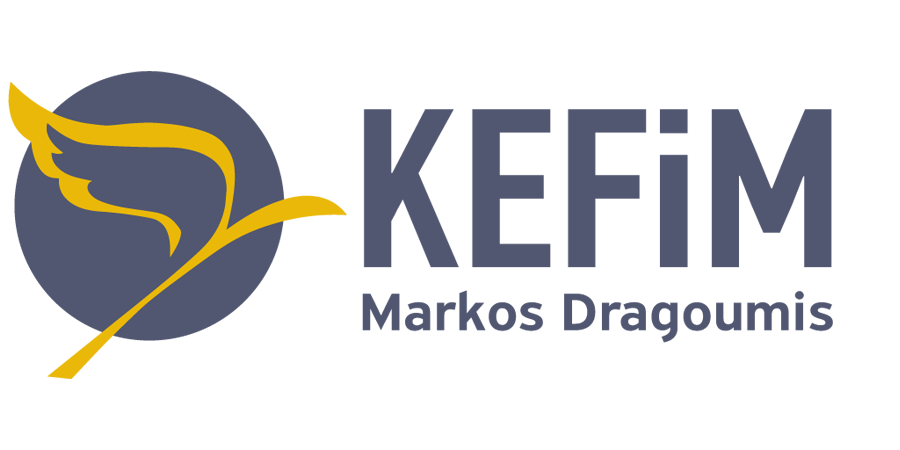
KEFiM is Greece’s premier free-market think tank that envisions Greece as a role model of economic and civil liberty where citizens are allowed to pursue their dreams and aspirations freely. Its mission is to increase individual and economic freedoms of Greeks through the promotion of liberal ideas and policy proposals. KEFiM focuses its work on four strategic pillars: the promotion of sound policy proposals that influence policy making, the protection of civil liberties through judicial activism, the promotion of economic literacy through educational campaigns, and the development of a bipartisan liberal movement. KEFiM is a member of the Atlas Network, EPICENTER, and the European Liberal Forum.
For more information about KEFiM, visit www.kefim.org
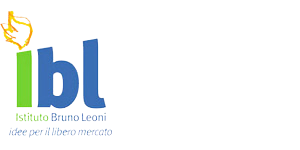
The Istituto Bruno Leoni (IBL) seeks to promote a more informed discussion of topics like the environment, competition, energy, liberalisation, tax policy, privatisation and welfare state reform. Established in 2003, IBL strives to act as a resource for politicians and policy makers by stimulating greater awareness among private citizens on all questions related to public policy and the role of the state.
For more information about the IBL, visit www.brunoleoni.it
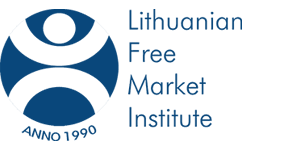
The Lithuanian Free Market Institute (LFMI) is a private non-profit non-party organisation established in 1990 to promote the ideas of individual freedom and responsibility, the free market, and limited government intervention. Our goal is to assist the accomplishment of the common interests of the people of Lithuania, which are best implemented in a free market where every individual pursues his or her objectives – without any privileges, protection or restrictions – by serving society and not relying on the government apparatus.
For more information about the LFMI, visit www.llri.lt

Civil Development Forum (FOR Foundation) is a non-governmental think tank based in Poland promoting and defending economic freedom, the rule of law, individual liberties, private property, entrepreneurial activities, and ideas of limited government. Our activities are based on our vision of a society with favorable conditions for growth and productive activities, combining labour, entrepreneurship, innovation, saving, investment and obtaining knowledge. FOR aims to achieve its goals through fact-based reports and analysis, efficient communication and civil society mobilization.
For more information about FOR, visit www.for.org.pl
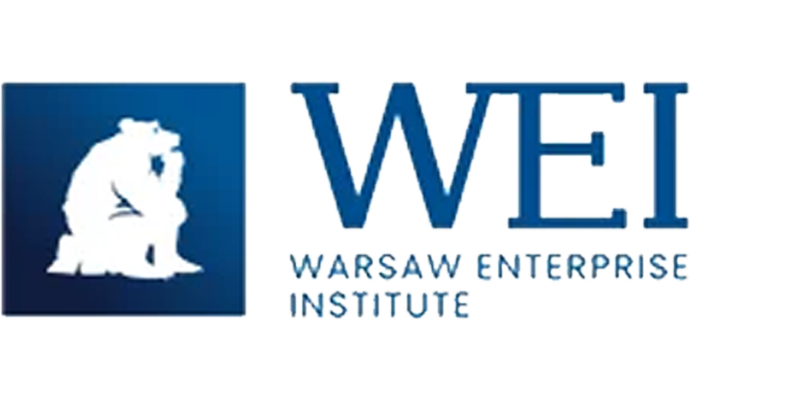
The Warsaw Enterprise Institute is a Polish free market think tank conducting research, analyses and educational projects, and publishes commentaries, positions, memoranda and reports. It prepares solutions for both state institutions and independent social and commercial entities.
For more information about WEI, visit wei.org.pl
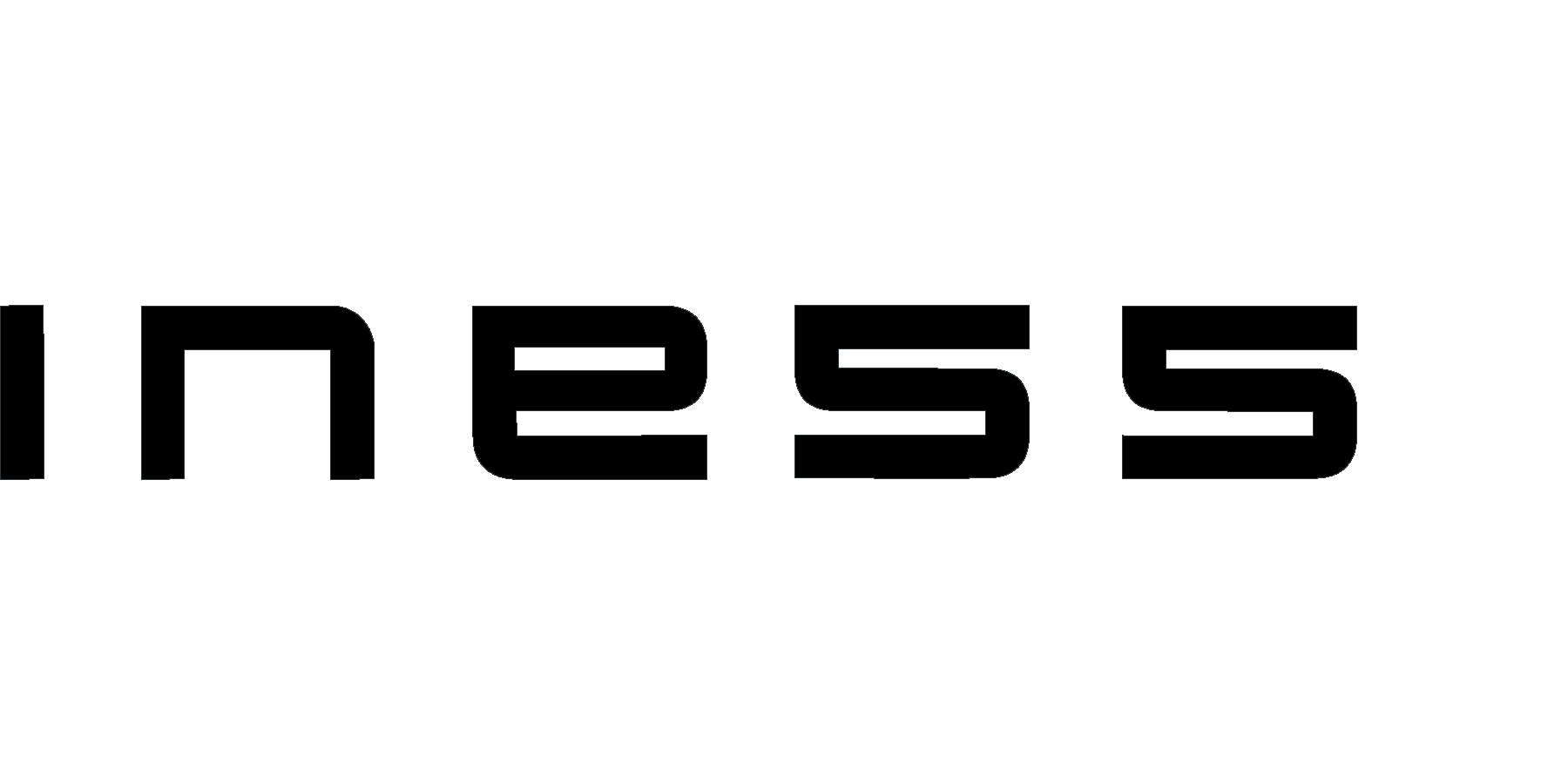
The Institute of Economic and Social Studies (INESS) is an independent non-profit think tank founded in 2005. Its vision is for Slovakia to endorse free enterprise, prosperity, individual liberty, and peace and to create a country, where citizens are aware of the functions and benefits of market mechanisms and the impact of government interventions in the economy. INESS is based on three pillars for its activities: policy analysis, policy advocacy, and educational activities. Its areas of expertise are public finance, taxation, healthcare, education, social system, monetary policy, regulation, labour market, energy policy, agriculture, green deal, economic policy, intellectual property rights, and competition. INESS is financed by voluntary individual or corporate donations and revenues from its own activities.
For more information about INESS, visit www.iness.sk
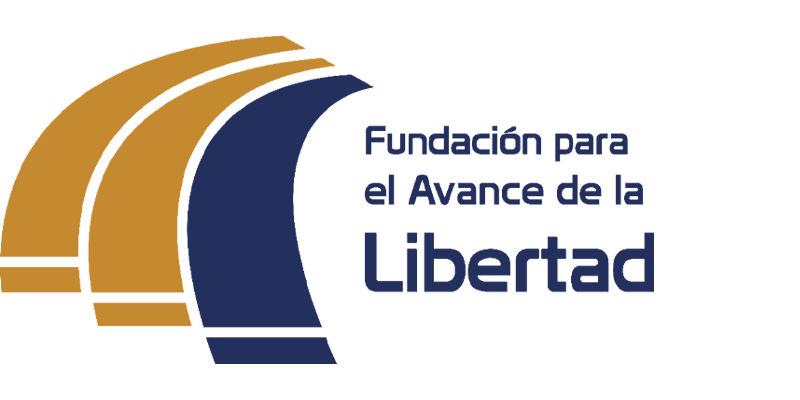
Spain’s Fundación para el Avance de la Libertad (Fundalib) is a private and non-partisan think tank working to foster the cause of liberty since 2015. Its mission is to promote the advancement of individual human freedom in all of its aspects and the success of the organisations and entities that promote and defend it. Fundalib’s vision is that of prosperous human societies, organised through the spontaneous order of culture and markets, and respectful of the individual freedom of their members.
For more information about Foundation for Advancement of Freedom , visit fundalib.org
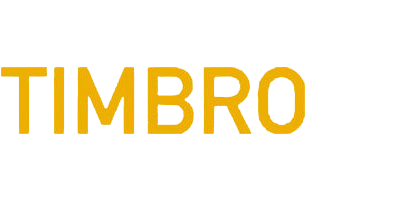
Timbro’s mission is to originate, promote and disseminate ideas and issues supporting the principles of free markets, free enterprise, individual liberty and a free society. Timbro’s main research areas are health and welfare reform, environment and growth, culture, migration issues as well as aid and global development. Our operations also include Timbro Media Institute and foreign policy institute Frivärld – Stockholm Free World Forum.
For more information about Timbro, visit www.timbro.se
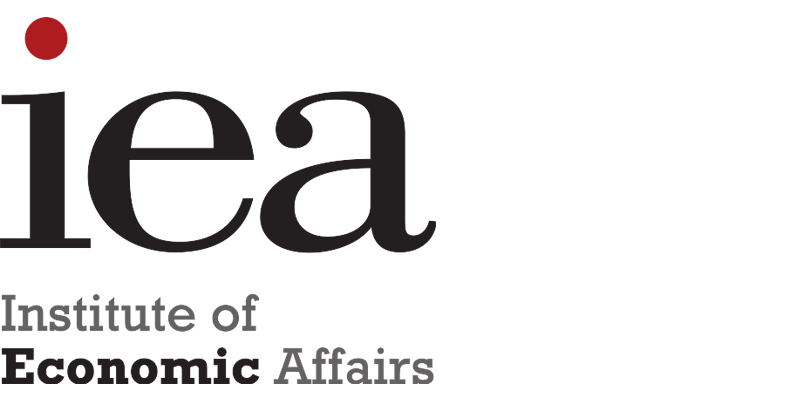
The IEA is the UK’s original free-market think-tank, founded in 1955. Its mission is to improve understanding of the fundamental institutions of a free society by analysing and expounding the role of markets in solving economic and social problems. Given the current economic challenges facing Britain and the wider global environment, it is more vital than ever to promote the intellectual case for a free economy, low taxes, freedom in education, health and welfare and lower levels of regulation. The IEA also challenges people to think about the correct role of institutions, property rights and the rule of law in creating a society that fosters innovation, entrepreneurship and the efficient use of environmental resources.
For more information about IEA, visit www.iea.org.uk
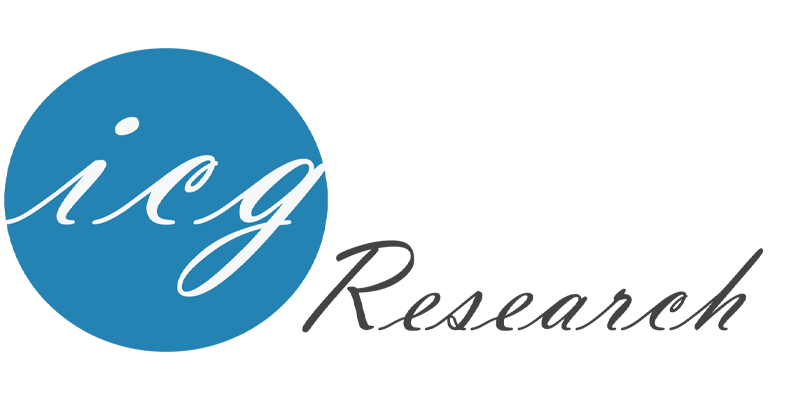
The International Center for Global Research (ICGR) is a prominent platform dedicated to interdisciplinary research on global issues. With a focus on collaboration and innovation, ICGR seeks to advance knowledge and address complex challenges worldwide.
For more information about ICG Research, visit icgresearch.org
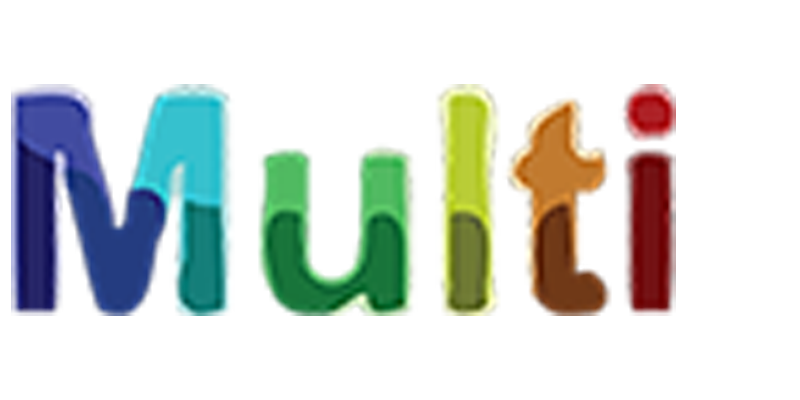
Multi is a dynamic think tank based in Bosnia and Herzegovina, dedicated to fostering innovative solutions for societal challenges. Through research, advocacy, and collaboration, Multi strives for impactful change and sustainable development.
For more information about Multi, visit multi.ba
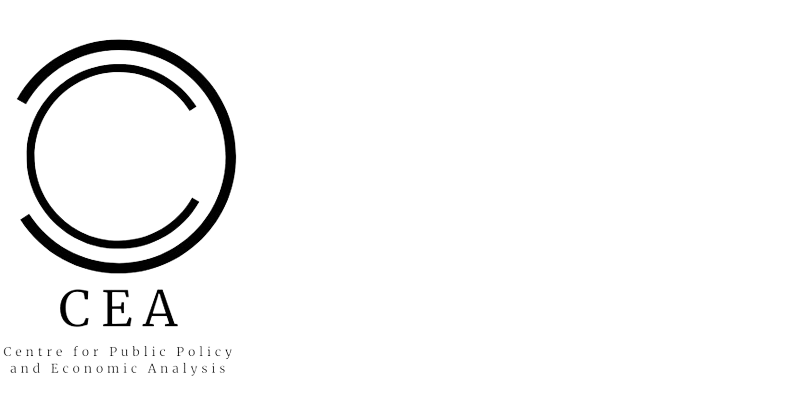
The Centre for Public Policy and Economic Analysis (CEA) is a leading advocate for secure, free, and competitive transatlantic institutions, encouraging policy learning from developed countries. The think tank's key objectives include advancing policy analysis for EU and NATO expansion, strengthening defence and the transatlantic partnership, supporting the rule of law, free market, privatisations, limited government, and safe immigration with a focus on law and order.
For more information about CETA, visit cea-policy.hr
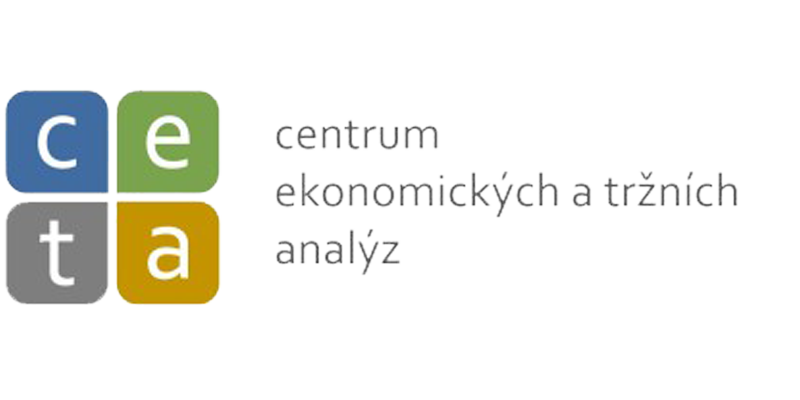
The objective of the Center for Economic and Market Analysis is to analyse market, socio-economic, and political phenomena in the Czech Republic, emphasising the impact on the society. CETA focuses on research questions related to regulatory processes, economic growth barriers, well-being creation, and the development of economic freedom.
For more information about CETA, visit eceta.cz
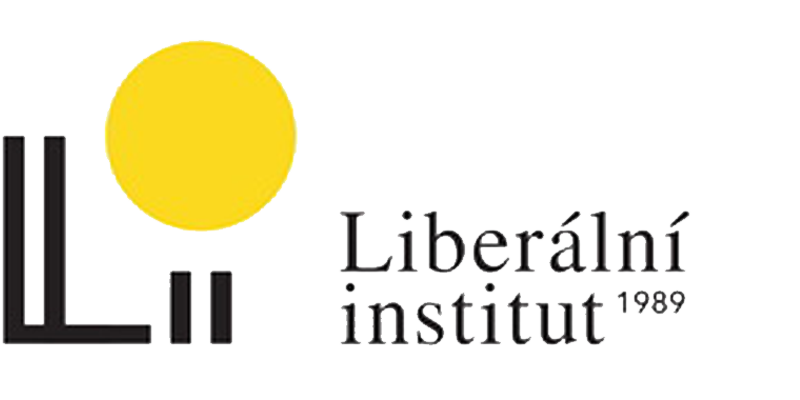
The Liberal Institute, registered on 6 February 1990, is a free market, classical liberal think tank located in the Czech Republic. The activities of the Liberal Institute are based on original scientific projects and its own research, which are the basis for other activities in the fields of education, like lectures, summer schools, discussion forums, as well as its various books, studies, scientific and newspaper articles.
For more information about Liberální institut, visit libinst.cz
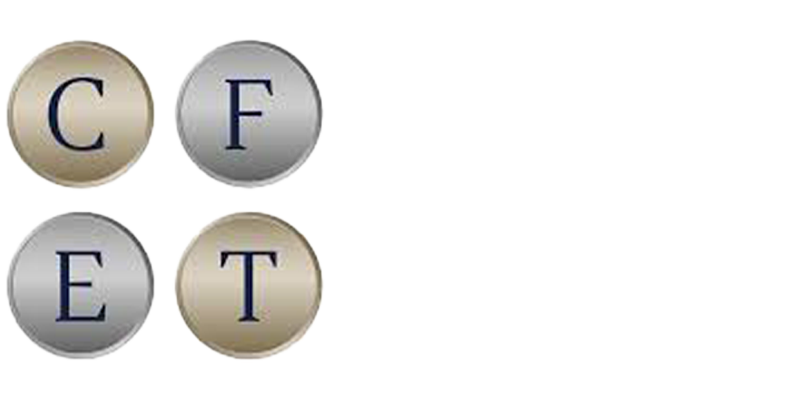
The Center for Financial Education and Technology (CFET) at the Estonian Business School (EBS) is a pioneering hub for research and innovation in finance and technology. Committed to excellence, CFET drives advancements in financial education and technological integration.
For more information about CFET, visit ebs.ee
Libera is an independent and politically unaffiliated think tank that supports and advances individual liberty, free enterprise, free markets, and a free society. Libera publishes a variety of materials both online and in print, conduct research and organise public events, such as debates on current topics and a Summer Academy for students Libera was founded in 2011 by Gustav von Hertzen and Petri Kajander.
For more information about Libera, visit libera.fi

The Consumer Choice Center (CCC) is a globally recognized advocacy organization championing consumer rights and economic freedom. Through research and outreach, CCC empowers consumers and promotes policies that enhance choice and innovation.
For more information about CCC, visit consumerchoicecenter.org
Mais Liberdade, established in 2021, is a liberal organisation dedicated to promoting the pillars of a free society—individual freedom, political freedom, and market economy. Advocating for causes such as free trade, tax competitiveness, and social mobility, Mais Liberdade focuses on enhancing financial literacy and fostering informed decision-making through policy studies.
For more information about Liberdade, visit maisliberdade.pt
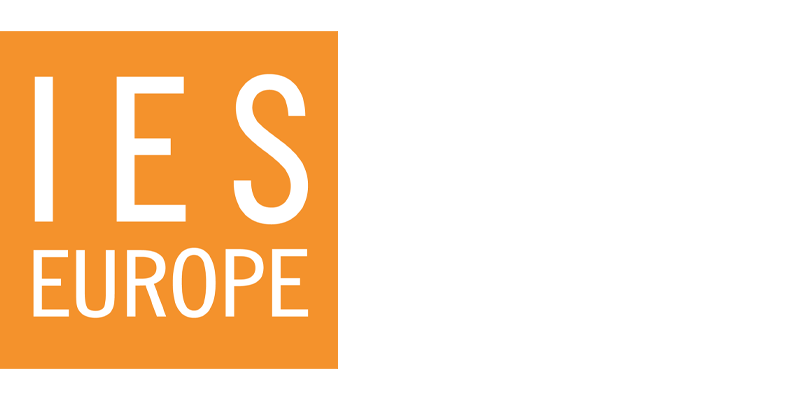
The aim of The Institute for Economic Studies Europe is to stand at the centre of a worldwide network of students, scholars and other intellectuals. Since 1989, the Institute has aimed at discovering, developing and supporting among students, scholars and other intellectuals who share an interest in exploring and applying the principles of classical liberalism.
For more information about IES Europe, visit ies-europe.org
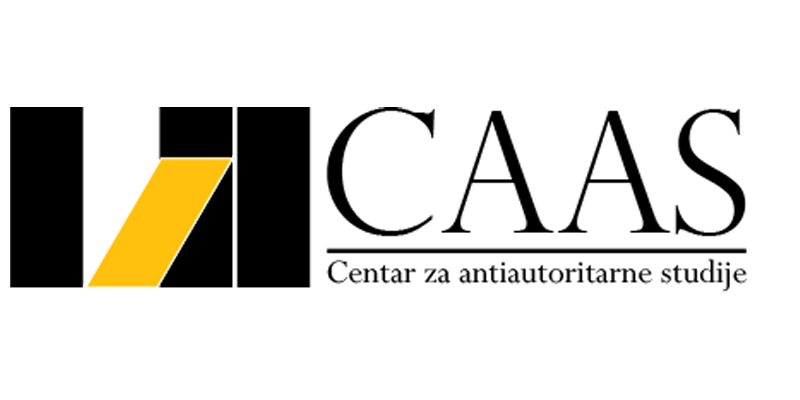
The Center for Advanced Economic Studies (CAAS) is a leading Serbian think tank focused on economic research and policy analysis. Committed to fostering evidence-based solutions, CAAS drives informed decision-making and sustainable development.
For more information about CAAS, visit caas.rs
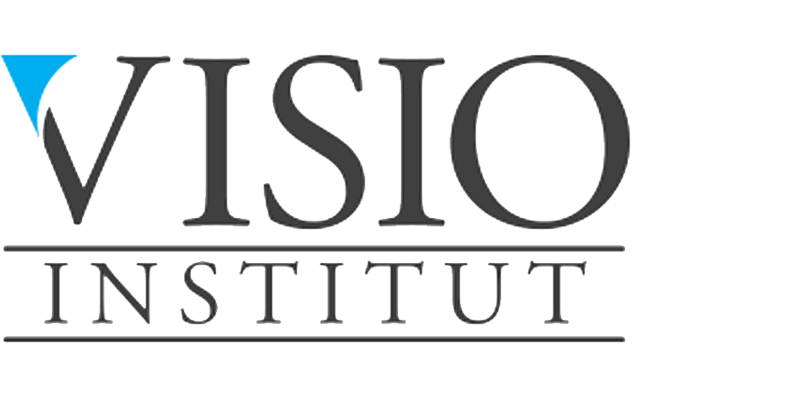
Visio, Institute of Economic and Strategic Research, is an independent and autonomous Slovenian think tank. The mission of the Visio Institute is to shape and promote classical liberal policies and institutions that lead to an open, free, developed, and just Slovenia.
For more information about the Visio Institute, visit visio-institut.org
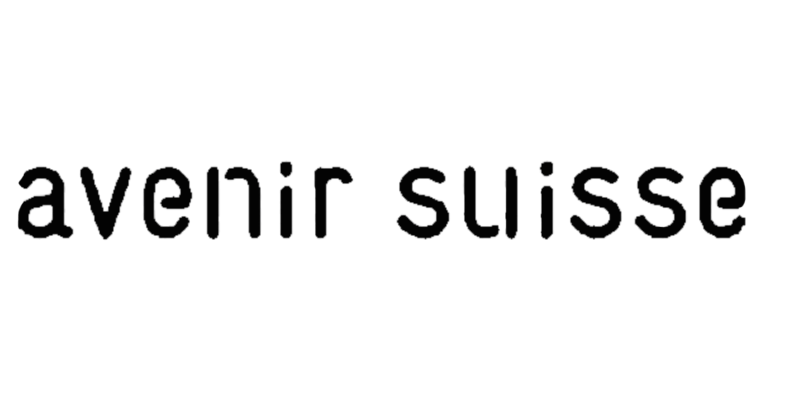
Avenir Suisse is a renowned Swiss think tank committed to shaping the country's future through innovative policy research and analysis. With a focus on economic and social issues, Avenir Suisse promotes prosperity and sustainable development.
For more information about Libera, visit avenir-suisse.ch
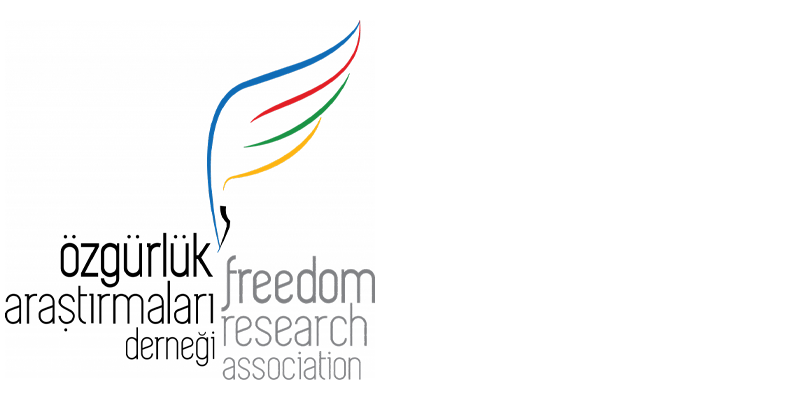
Founded in August 2014, the Freedom Research Association (FRA) comprises academics, business professionals, journalists, and legal experts committed to conducting liberal and scientifically-driven public policy research. FRA is dedicated to fostering a free and prosperous Turkey, advocating for individual liberties, rule of law, peace, and fair, competitive markets.
For more information about the OAD, visit oad.org.tr
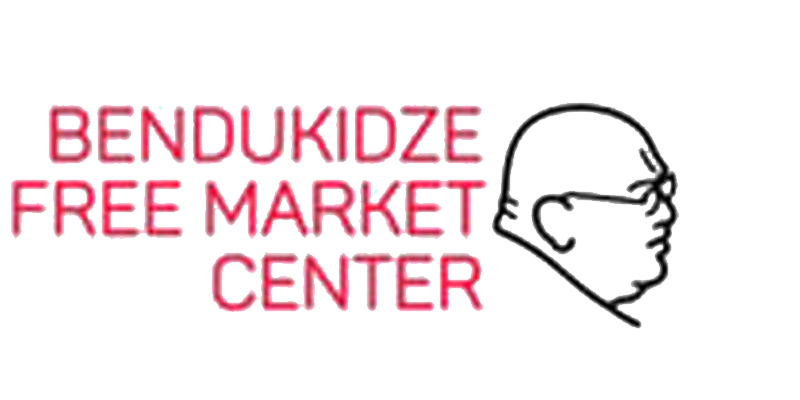
The Bendukidze Free Market Center is a renowned think tank advocating for free market principles and economic liberalism. With a focus on research and policy analysis, it aims to promote prosperity and individual freedom.
For more information about Bendukidze Free Market Center, visit bendukidze.org
EPICENTER publications and contributions from our member think tanks are designed to promote the discussion of economic issues and the role of markets in solving economic and social problems. As with all EPICENTER publications, the views expressed here are those of the author and not EPICENTER or its member think tanks (which have no corporate view).
EPICENTER publications and contributions from our member think tanks are designed to promote the discussion of economic issues and the role of markets in solving economic and social problems. As with all EPICENTER publications, the views expressed here are those of the author and not EPICENTER or its member think tanks (which have no corporate view).
This website uses cookies so that we can provide you with the best user experience possible. Cookie information is stored in your browser and performs functions such as recognising you when you return to our website and helping our team to understand which sections of the website you find most interesting and useful.
Strictly Necessary Cookie should be enabled at all times so that we can save your preferences for cookie settings.
If you disable this cookie, we will not be able to save your preferences. This means that every time you visit this website you will need to enable or disable cookies again.
More information about our Cookie Policy